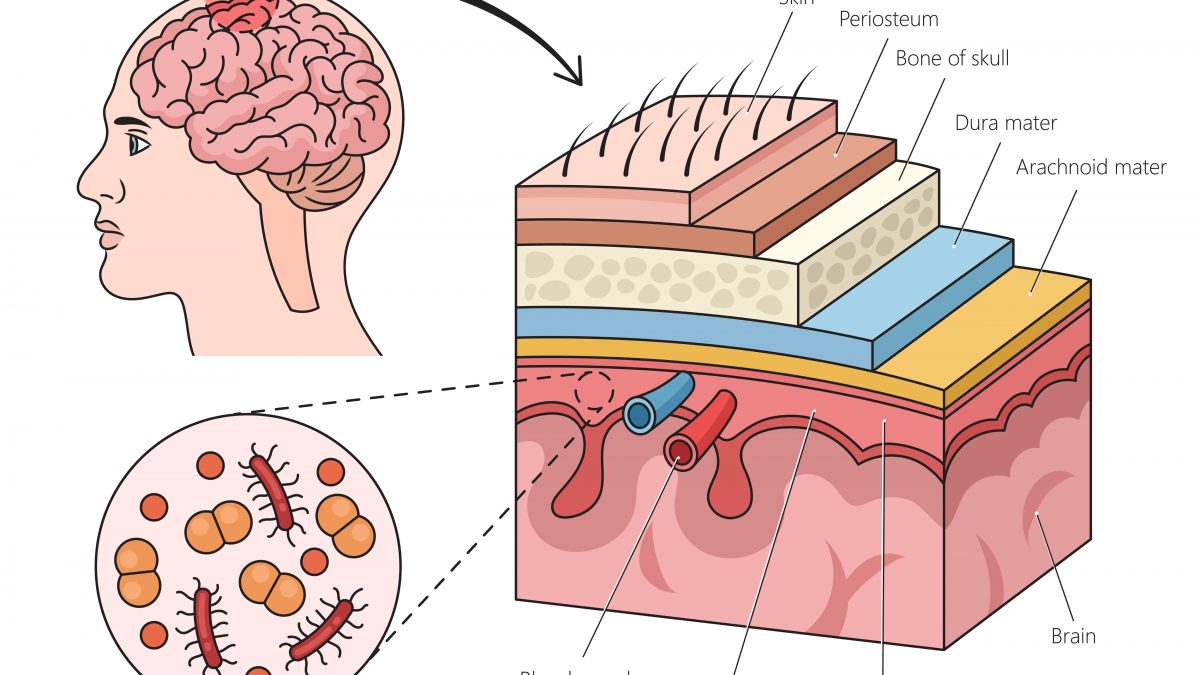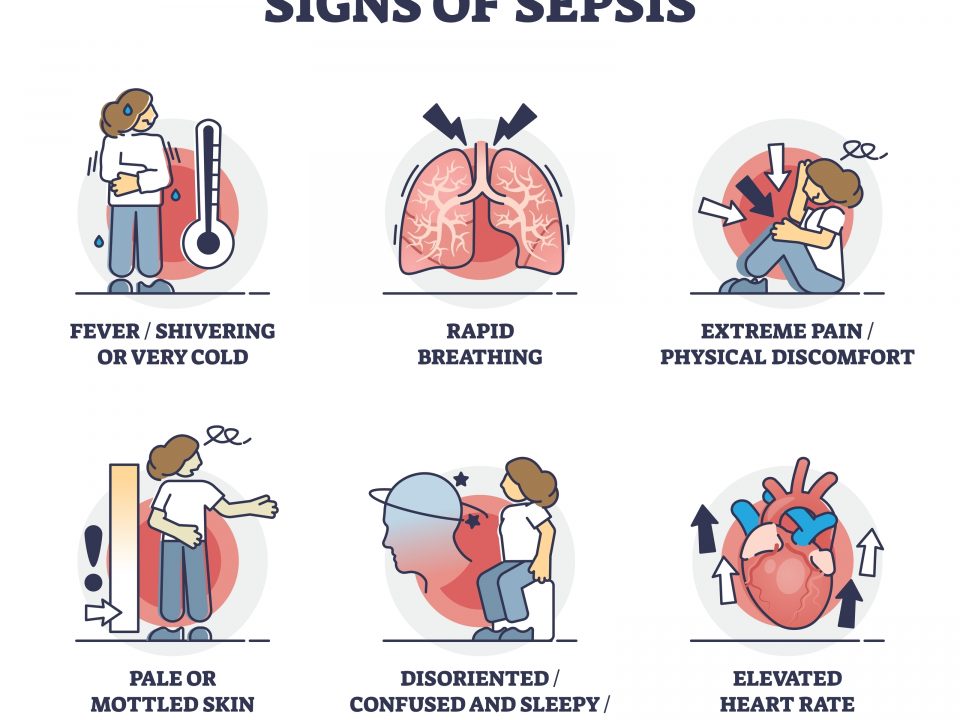
Hyponatraemia and the Risks of Rapid Sodium Correction: A Medico-Legal Perspective
12th June 2025
Expert Evidence: Judicial Discretion and the Threshold of Necessity
10th July 2025In April 2025, the World Health Organization (WHO) published its inaugural evidence‑based, global clinical guidelines for the diagnosis, treatment, and ongoing care of acute, community‑acquired meningitis in patients aged >1 month—including both bacterial and viral etiologies—in diverse settings from high‑resource hospitals to low‑income clinics.
Why It Matters: From Standards of Care to Liability Risks
Meningitis remains a high‑stakes medical emergency, carrying a mortality risk of approximately 1 in 6 and long‑term disability in up to 20% of survivors . Delay or deviation from best practices—such as postponing lumbar puncture (LP) or failing to initiate prompt antibiotic therapy—can result in worsened neurological outcomes or mortality, which in turn can trigger medico‑legal claims.
These guidelines, now the de‐facto standard globally, carry significant implications under jurisdictional negligence laws. Failure to follow them—or justify divergence with evidence—could compromise legal defenses. Conversely, strong compliance could serve as protection in litigation and regulatory reviews.
Core Recommendations & Legal Considerations
- Urgent Diagnosis
- Lumbar puncture as soon as possible, unless contraindicated (e.g., severe coagulopathy, elevated intracranial pressure, focal neurological deficits)
- Exception handling: LP can be deferred for cranial imaging or stabilization—but empirical antibiotics must be immediately administered
- Empirical and Targeted Therapy
- Antibiotics should commence without delay, ideally before LP results, and tailored by age, comorbidity, and local resistance data
- Adjunctive intravenous corticosteroids (e.g., dexamethasone) are advised in non‑epidemic bacterial cases to reduce the risk of hearing loss and neurological deficits
- Laboratory Protocols
- CSF testing should include macroscopic review, glucose and protein levels, cell counts, Gram stain, culture with antimicrobial susceptibility, and PCR
- Blood cultures are strongly recommended before starting antibiotics.
- These comprehensive diagnostics can be crucial in malpractice cases—failure to perform them may be deemed substandard.
- Post‑Exposure Prophylaxis & Vaccines
- Chemoprophylaxis for close contacts of confirmed meningococcal cases is advised, reducing transmission risk
- National rollout of conjugate vaccines—including the pentavalent meningococcal vaccine and group B protection—is encouraged.
- Mandating these in public health strategies may prompt legal scrutiny on policies, equity, and access.
- Supportive Care & Long‑Term Management
- Guidelines emphasize early and ongoing intervention for hearing, cognitive, motor, and psychosocial sequelae, including referrals to rehabilitation, educational services, and disability support networks
- Lack of adequate aftercare could form grounds for damages in tort claims related to lifelong disability.
- Surveillance and Outbreak Response
- Members States are urged to strengthen surveillance systems—reporting, lab confirmation, antimicrobial resistance tracking, and vaccine impact assessment
- This surveillance underpins outbreak management in recurring epidemic zones (e.g., the African “meningitis belt”) and shapes public health law on epidemic preparedness
Medico‑Legal Integration: Opportunities and Challenges
- Standard of Care: These WHO guidelines establish a global benchmark. Citing them in court can reinforce both expert testimony and clinical defense of adherence.
- Adaptive Implementation: Departures may be warranted—particularly for neonatal, hospital‑acquired, or chronic meningitis cases that fall outside the guideline scope In medico‑legal contexts, such deviations must be transparently documented.
- Documentation & Audit Trails: Precise recording—time of LP, antibiotic administration, lab results, referrals—is legally vital. Audits should benchmark local protocols against WHO standards.
- Health Policy Liability: Entities implementing mandatory vaccine programs or prophylaxis protocols must ensure equitable access and accommodate exemptions to minimize legal exposure.
Conclusion
The 2025 WHO meningitis guidelines—spanning fast diagnosis, antibiotic strategy, diagnostic rigor, outbreak control, and sequelae care—offer a robust standard of care for clinicians worldwide . For medico‑legal professionals, these guidelines are an essential touchstone in negligence assessments, regulatory compliance, and expert testimony. Ultimately, they can serve both as a protective benchmark for healthcare providers and as a basis for claimants seeking redress in cases of substandard care.




